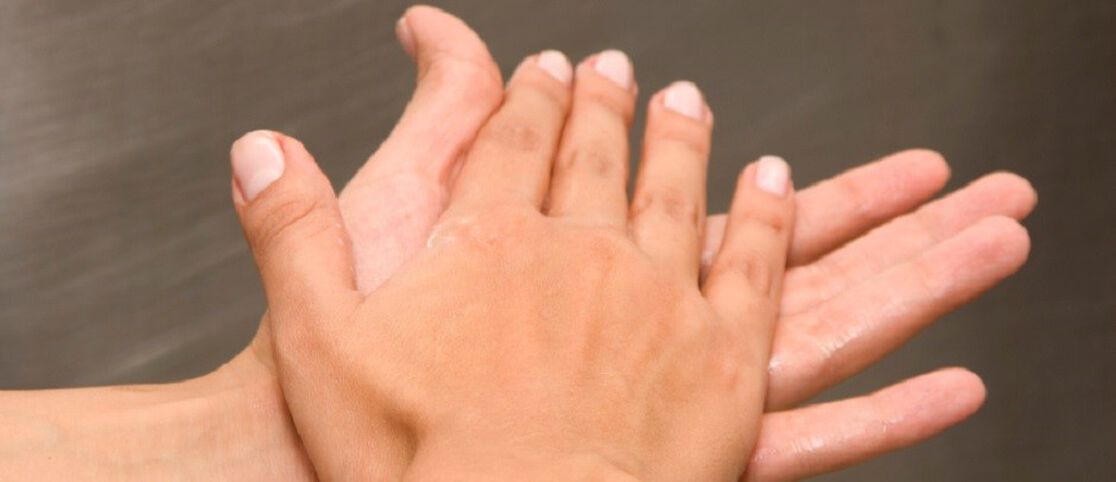If you’re like most consumers, you probably have some antibacterial soap in your home and you might also assume it’s safe for you and your family and effectively does what it says — kills germs. Earlier this month, the U.S. Food and Drug Administration (FDA) admitted they’re not quite sure about the most widely used germ-killing chemical, triclosan, which is used in roughly 75% of antibacterial soaps. And, according to USA Today, to find out if triclosan is safe and effective, the FDA “issued a proposed rule requiring manufacturers to prove that their antibacterial cleaners are safe and more effective than plain soap and water. If companies can't show that their products are safe and effective, the soaps would have to be reformulated or relabeled to remain on the market.”
We’re thrilled at the news and have been touting the toxic truth about triclosan for years. Triclosan has been on our Honestly Free Guarantee from the get-go because stays in the environment for long periods of time and poses health risks like hormone disruption. It’s also found in the bodies of the majority of the U.S. population. In 2009, the CDC found triclosan in the urine of 75 percent of Americans. Aside from the dangers, this isn’t the first time the lack of triclosan’s efficacy has been pointed out. All the way back in 2005, a U.S. Food and Drug Administration advisory panel concluded that antibacterial soap is no more effective than regular soap and water at removing germs.
So, let’s get rid of it, right?
Since antibacterial soaps have not been shown to be any more effective than regular soap at preventing illness, it’s a completely unnecessary chemical exposure. The real key to avoiding colds and flus is frequent hand washing. Use a simple, safe hand soap and rub hands vigorously for 15-20 seconds. An easy way to ensure you’re doing it long enough is to sing the ABCs a couple times (make it a learning moment for your child, too!).
When you can’t get to a sink, use a safe gel hand sanitizer — something plant-based without toxic additives or questionable synthetic ingredients. Honest uses ethyl alcohol as an active ingredient — it’s eco-friendly, proven to be extremely effective, and as safe as it gets for this specific product category. (Note: Hand sanitizers are only effective on relatively clean hands, they can’t cut through dirt. Use wipes to rub off any dirt first.)
Learn more about reasons to avoid antibacterials (beyond triclosan) and the top two ways to battle bugs by reading our recent blog post.
What do you think about this latest news from the FDA about antibacterial products? Let us know in the comments!
We aim to provide you with the most honest and credible information possible. This article was reviewed for accuracy by The Honest Team and its internal technical experts.
blog_review_statement



